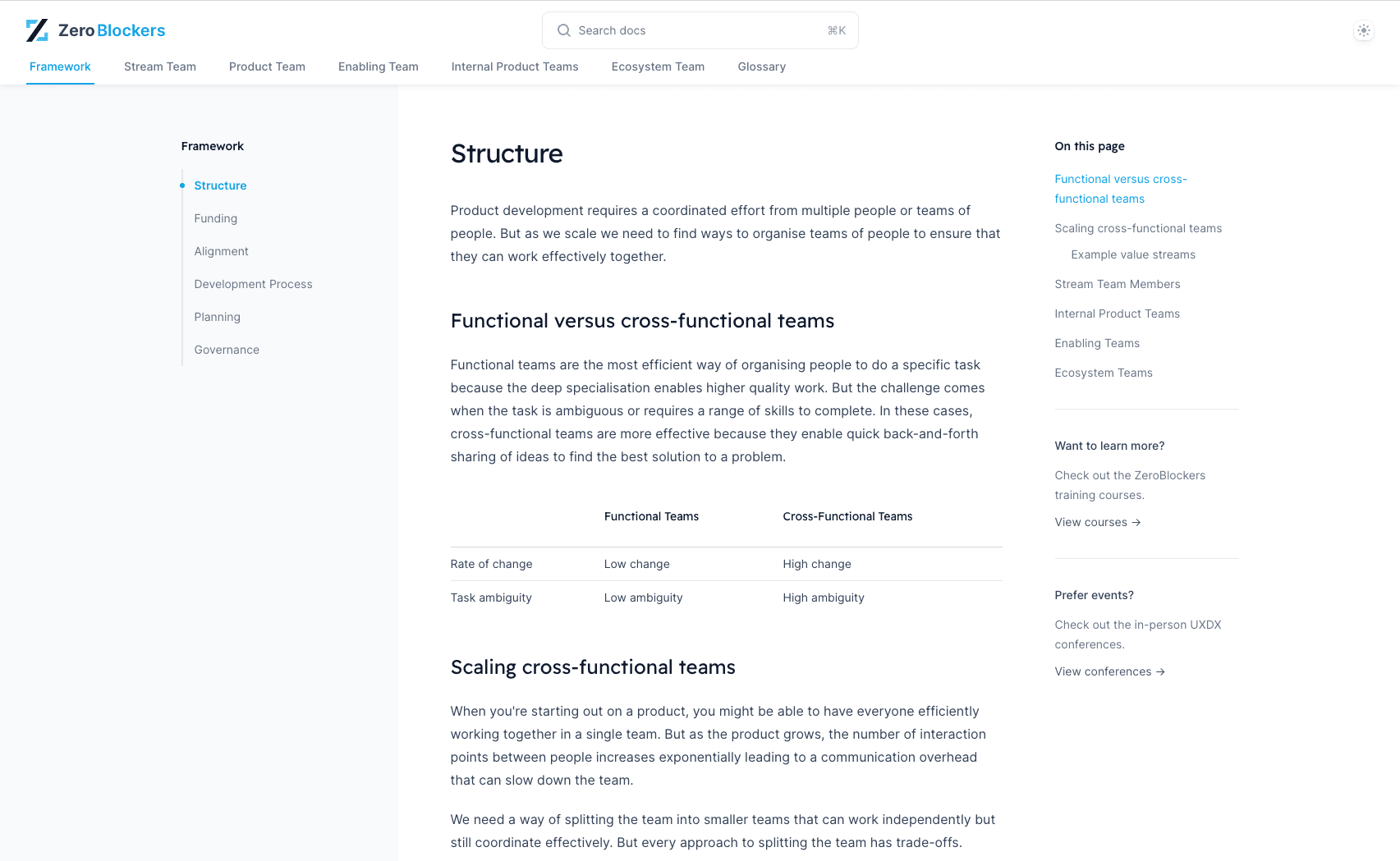Case StudyProduct Team: Decentralised Decision Making - Decentralized Decision Making at CrowdStreet
CrowdStreet, a commercial real estate investing platform, was facing challenges typical of a scale-up company. As the company grew, maintaining agility and fostering innovation became increasingly difficult due to centralized decision-making processes. This centralization slowed down decision-making and stifled the creativity and autonomy of individual teams, ultimately affecting the company’s ability to scale efficiently. CrowdStreet needed a strategy to empower its teams to make decisions quickly and independently while ensuring alignment with the company's overall goals and vision.

The Solution
CrowdStreet's approach to addressing these challenges involved the implementation of decentralized decision-making processes. The Director of Product Management and Design spearheaded this initiative, focusing on the following key strategies:
- Empowerment and Autonomy: Teams were given the authority to make decisions related to their specific functions. This empowerment was based on the trust that teams understood their objectives and had the necessary information to make informed decisions.
- Clear Goals and Vision: Ensuring that all teams were aligned with the company's overall goals and vision was critical. This alignment was achieved through regular communication and transparent sharing of strategic objectives.
- Cross-Functional Collaboration: Promoting collaboration across different teams was essential. Cross-functional teams were encouraged to work together, share insights, and support each other in decision-making processes.
- Training and Development: Investing in training programs to equip teams with the necessary skills and knowledge to make effective decisions independently. This included workshops, mentorship programs, and continuous learning opportunities.
- Feedback Mechanisms: Establishing robust feedback mechanisms allowed for continuous improvement. Teams were encouraged to share feedback on the decision-making process, and this feedback was used to make iterative improvements.
Outcomes achieved
The implementation of decentralized decision-making at CrowdStreet led to significant improvements across various aspects of the company:
- Increased Efficiency: Decision-making processes became faster as teams no longer had to wait for approvals from higher management. This speed allowed CrowdStreet to respond more quickly to market changes and opportunities.
- Enhanced Innovation: With the autonomy to make decisions, teams felt more empowered to experiment and innovate. This led to the development of new ideas and solutions that might not have emerged under a centralized system.
- Improved Morale and Engagement: Teams appreciated the trust and responsibility given to them, leading to higher job satisfaction and engagement. This positive work environment contributed to better overall performance.
- Better Alignment with Company Goals: Despite the autonomy, teams remained aligned with the company’s strategic objectives due to the clear communication of goals and regular check-ins.
- Scalability: The decentralized approach proved effective in scaling the company's operations. As CrowdStreet continued to grow, the decentralized decision-making process ensured that the company remained agile and capable of handling increased complexity.
